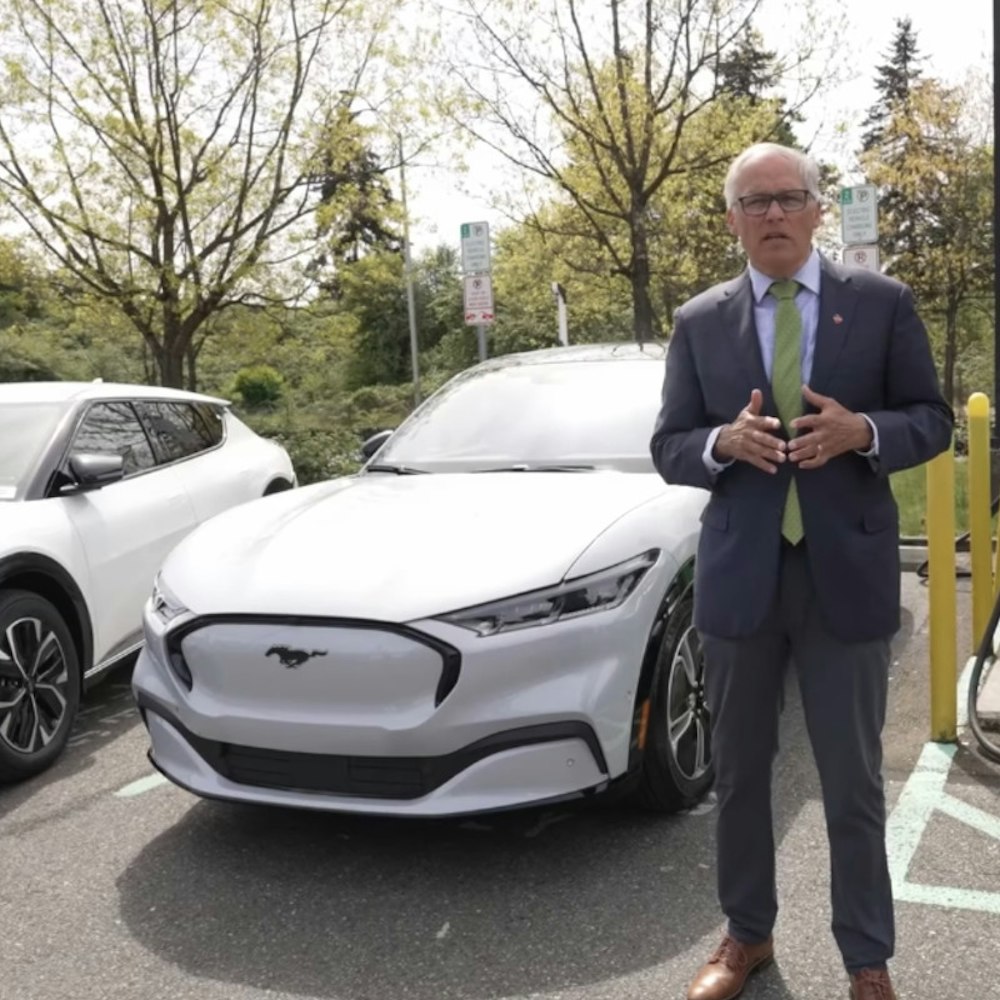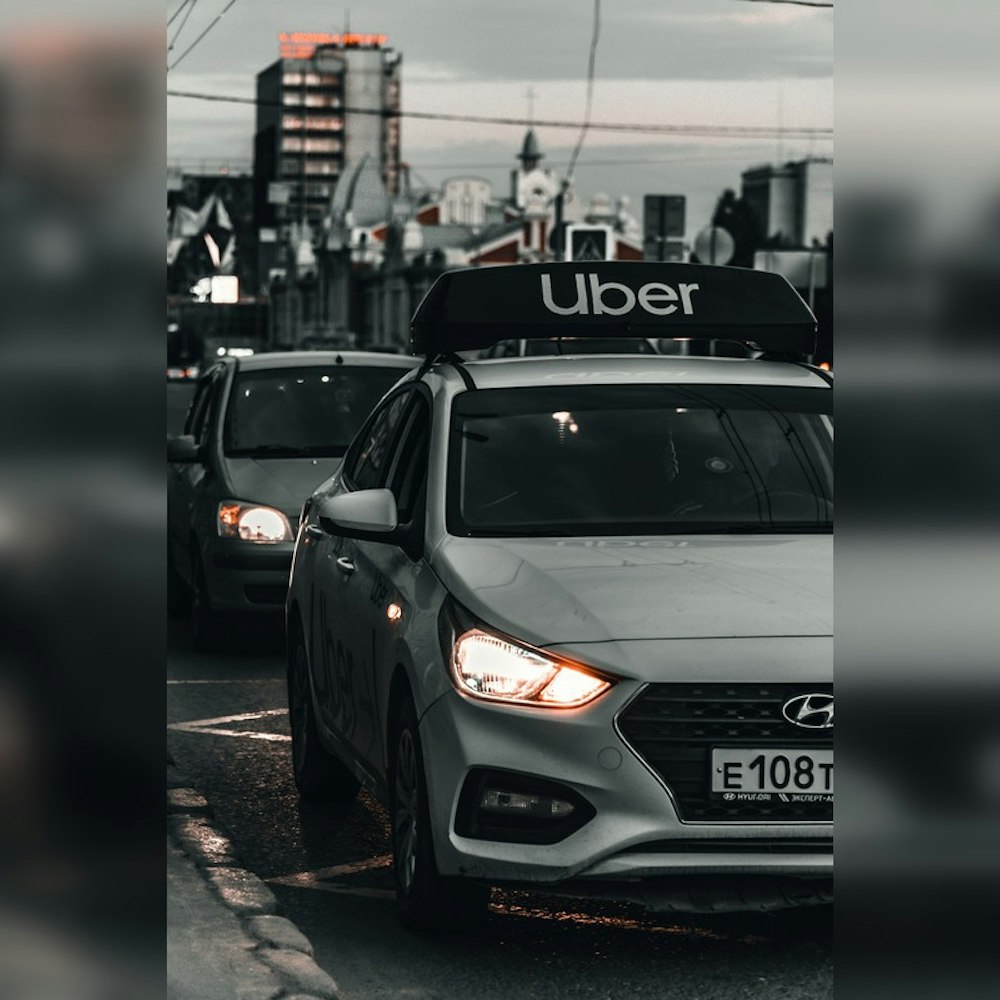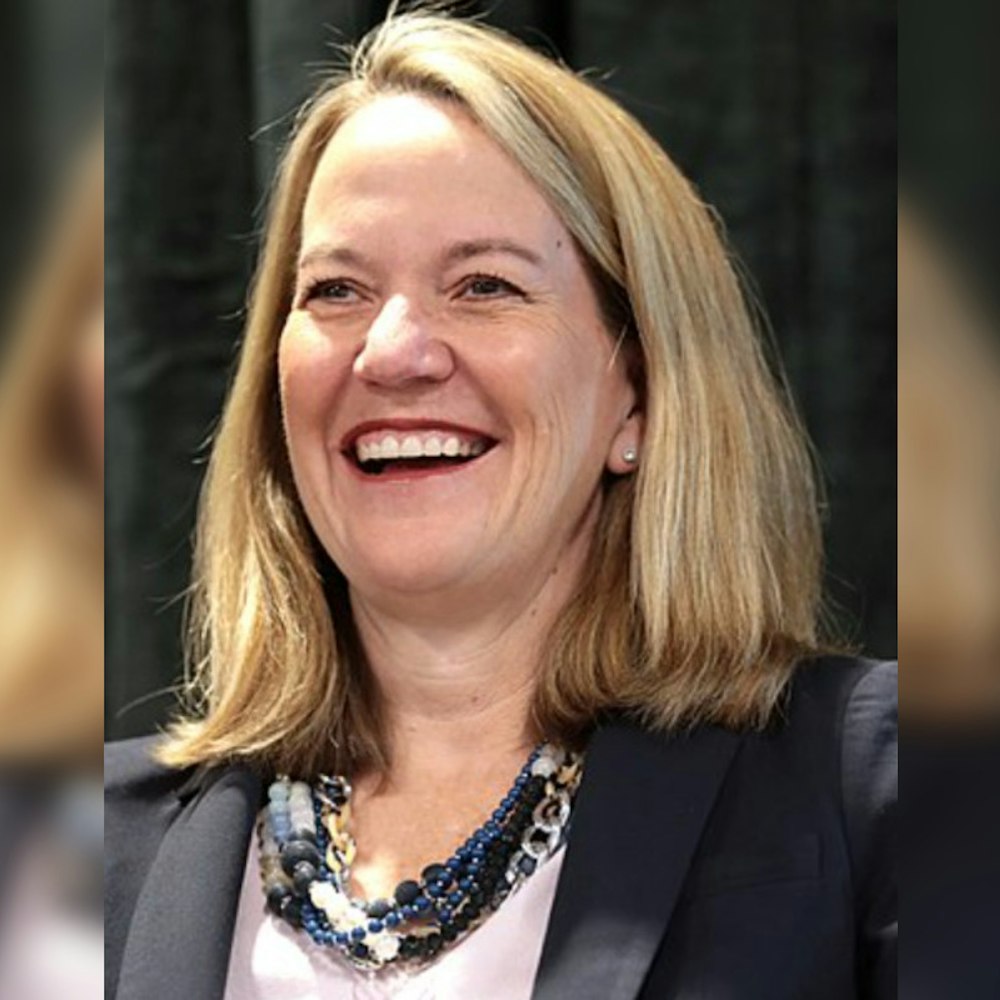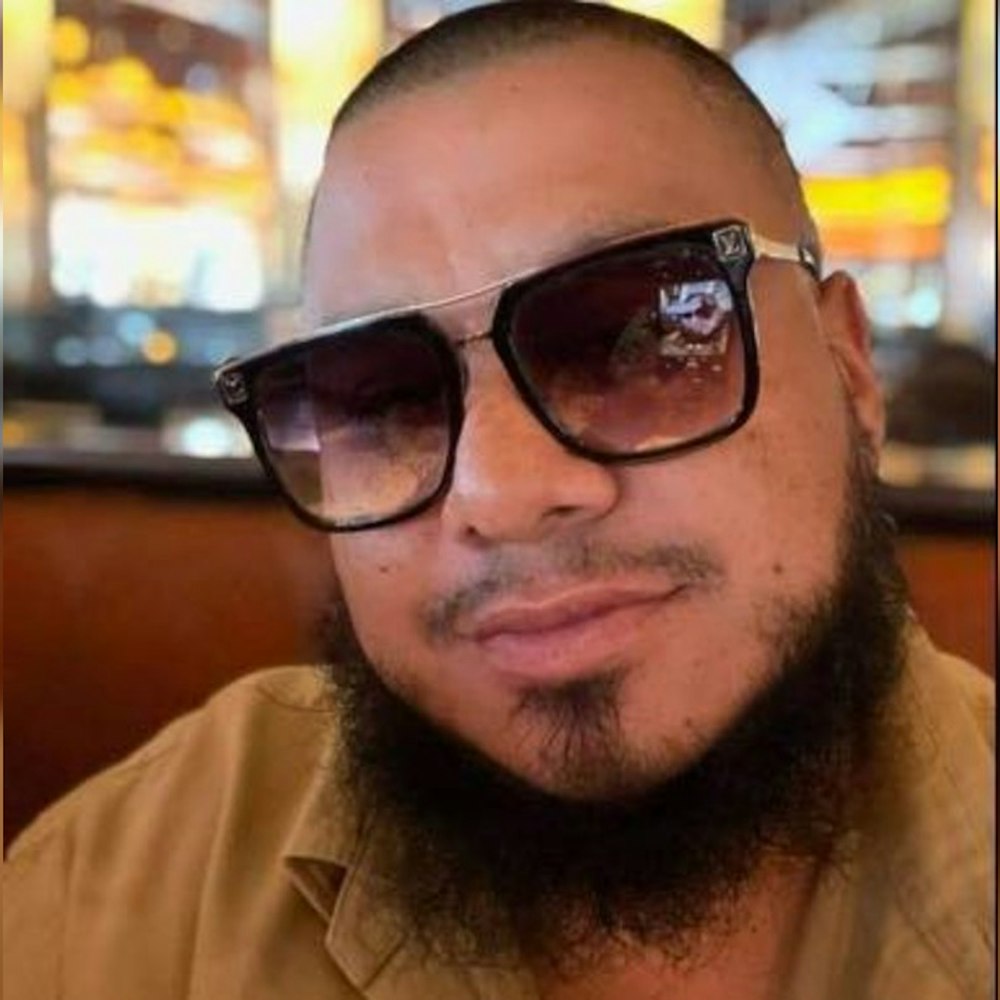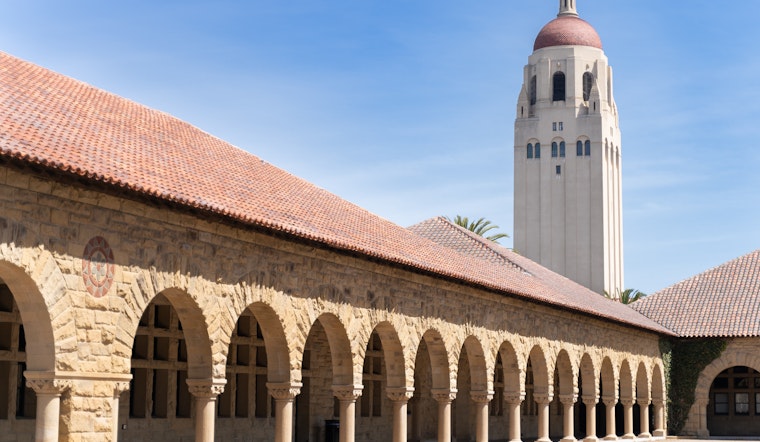
In light of the recent Supreme Court decision to ban affirmative action for racial minorities at the nation's colleges and universities, provocative data has emerged from private California colleges like Stanford, highlighting the impact of legacy admissions on student demographics. According to an SF Chronicle report, 15% of Stanford's new students last fall were from families of alumni and donors, suggesting a need for action to ensure a level playing field within elite education institutions.
Assembly Member Phil Ting, D-San Francisco, had previously introduced a proposal in 2019 to ban legacy admissions, known as AB697, after the Varsity Blues scandal exposed the ways wealthy families manipulated the system to get their children into prestigious schools. While Ting's bill ultimately failed to win support, the renewed focus on legacy admissions following the Supreme Court's affirmative action ruling may prompt lawmakers to revisit the issue. Ting pointed out that if an even playing field is the goal, then there shouldn't be legacy admissions within colleges.
Justice Neil Gorsuch, who sided with the majority in banning affirmative action, also raised concerns about the impact of legacy admissions in a separate opinion. He noted that policies giving preferential treatment to children of alumni, donors, and other favored groups "undoubtedly benefit white and wealthy applicants the most." This observation adds weight to the argument for addressing legacy admissions in light of the recent affirmative action ban.
Some California institutions, like the University of Southern California, Pepperdine University, and Vanguard University, admitted a handful of students over the last four years who had connections to alumni or wealthy donors but did not meet the schools' minimum admissions requirements. Although these cases represent a small fraction of the overall group of legacy students admitted, their existence further emphasizes the need for greater examination and fairness within the admissions process.
With the recent Supreme Court decision banning affirmative action extending to private colleges in California, the numbers of legacy admissions paint a concerning picture of inequality within these institutions. According to the SF Chronicle, other private universities in the Bay Area, such as Santa Clara University, admitted almost 18% of new students as legacy cases last fall. In contrast, both the University of California regents and California State University have explicitly banned preferences for children of alumni or donors.
Stanford’s president, Marc Tessier-Lavigne, issued a statement after the Supreme Court ruling, reaffirming the university's commitment to promoting diversity and ensuring that the school continues to reach out and attract students of all backgrounds. Meanwhile, both Stanford and the University of Southern California acknowledged the importance of philanthropy in supporting their institutions and providing financial aid to needy students. They emphasized, however, that admission processes must not be influenced by donations.



